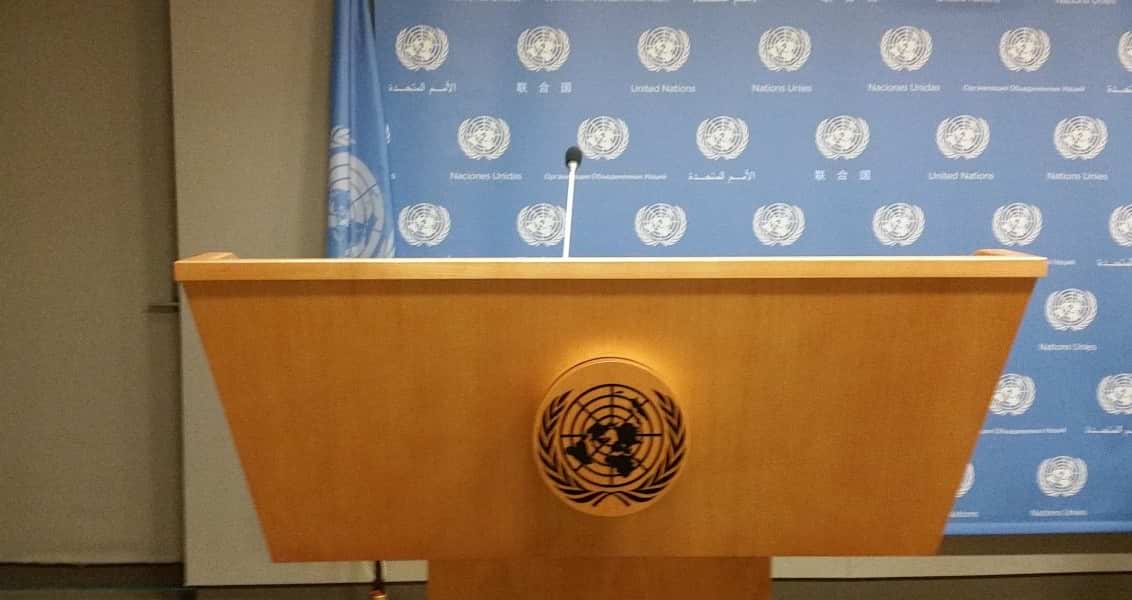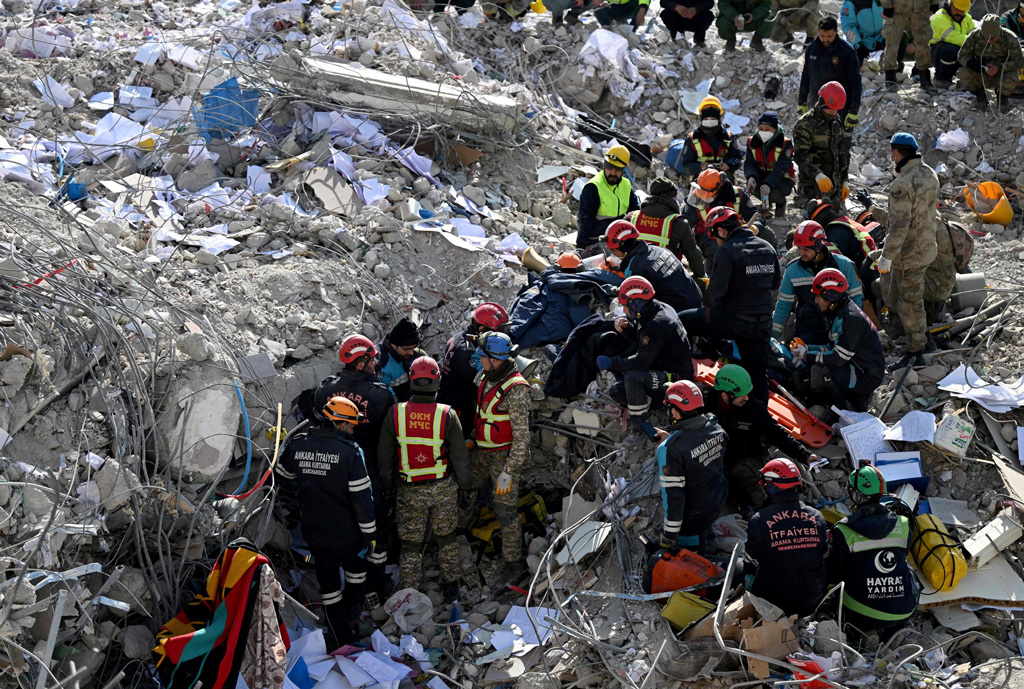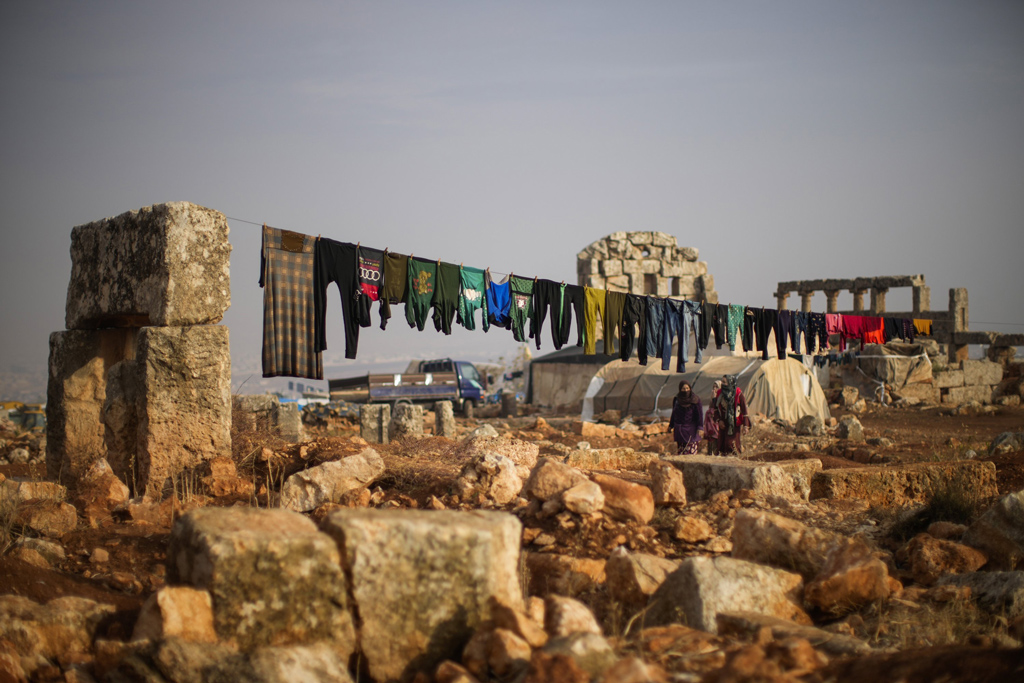
The United Nations Incapable of Facing Global Problems
Once established with the aim of becoming a beacon of peace and stability around the world, the U.N. organization is now failing to even take care of its own problems
Share
The 72nd session of the U.N. General Assembly will convene this week in New York City. Leaders from around the world will discuss the main issues pertaining to international relations. It is considered the biggest conventions of world leaders and one of the busiest periods in international diplomacy among the different countries.
However, the ineffectiveness of the U.N. in the most significant crises areas and the lack of reform and constant deadlocks on the U.N. Security Council generate a major image problem for the United Nations around the world. Despite the hard work of the staff, some of the U.N. programs and institutions, there is a widespread skepticism about the role, effectiveness and efficiency of the U.N. system today.
The biggest intergovernmental organization in the world, which was hoped to be a beacon of peace and stability around the world, is considered incapable of bringing peace to the most serious conflicts or contributing to the stability of post-conflict societies. Every diplomatic tension, geopolitical dispute, international conflict and humanitarian crisis contributes to the already existing negative perception of the organization.
Despite these shortcomings and despite this ineffectiveness and low public trust, the organization is still what the world has at its disposal. The question at this point is how to make the organization more relevant and effective. So far, most reform proposals have focused on structural problems within the U.N. These proposals, however, have been ignored by the major powers in the international system. In particular, the structure of the U.N. Security Council, which has been criticized for years, has failed to be reformed due to the resistance of the permanent members of the organization.
In the last several years, Turkey, as a country that has been struggling with the reflection of problems that are transnational in nature, suggested a reform of the council and increasing role for the U.N. to resolve important conflicts around the world. The failed state of Syria, the semi-failed state of Iraq, the rise of terrorist organizations like Daesh, the arms race among countries in the Middle East and the tragedy of Syrian refugees have had deep impacts on the society, economics and politics of Turkey.
These problems have necessitated a significant multinational endeavor to grapple with. It necessitates a collective enterprise by an international organization that can assess present risks, emerging threats and generate a forum for countries to be able to work together to resolve these problems before they spill over to other parts of world or before it is too late for the stabilization process.
However, somehow the organization failed to create the ability to empathize with the people in need and risks some countries face. Putting the organization to work in these critical issue areas has been extremely challenging. The organization, with its limited resources, also failed to raise awareness of these problems and challenges.
In particular, a large segment of the world remained inattentive and uninformed about the plight of these refugees until they tried to reach European countries. Tens of thousands died on their journey in the Mediterranean Sea, and major international organization merely expressed their regrets about the loss of lives. So in addition to structural deficiencies, the organization has also suffered from a lack of direction and role orientation.
A more or less similar dynamic is taking place in the organs of the United Nations nowadays with regard to the humanitarian tragedy in Rohingya. The plight, persecution and killing of Rohingya Muslims, which the U.N. Human Rights Chief calls "ethnic cleansing," is not, generating much action from U.N. bodies. The U.N. Security Council's statement of concern about the incidents that are taking place in the region once again raises the question of the relevance of the U.N. in the international system.
If this pattern continues without meaningful interventions to fix the main challenges, we may face declining relevance in the already tarnished image of the U.N. The ceremonial nature of U.N. meetings will continue; however, other actors will aim to "take care of its own problems" by using whatever means at their disposal. This will generate a serious problem for international peace and security. The members of the U.N. need to think about the steps necessary to make the U.N. more relevant and effective by finding ways to break or bypass resistance by the pro-status quo camp at the U.N.
[Daily Sabah, September 18, 2017]
Tags »
Related Articles






